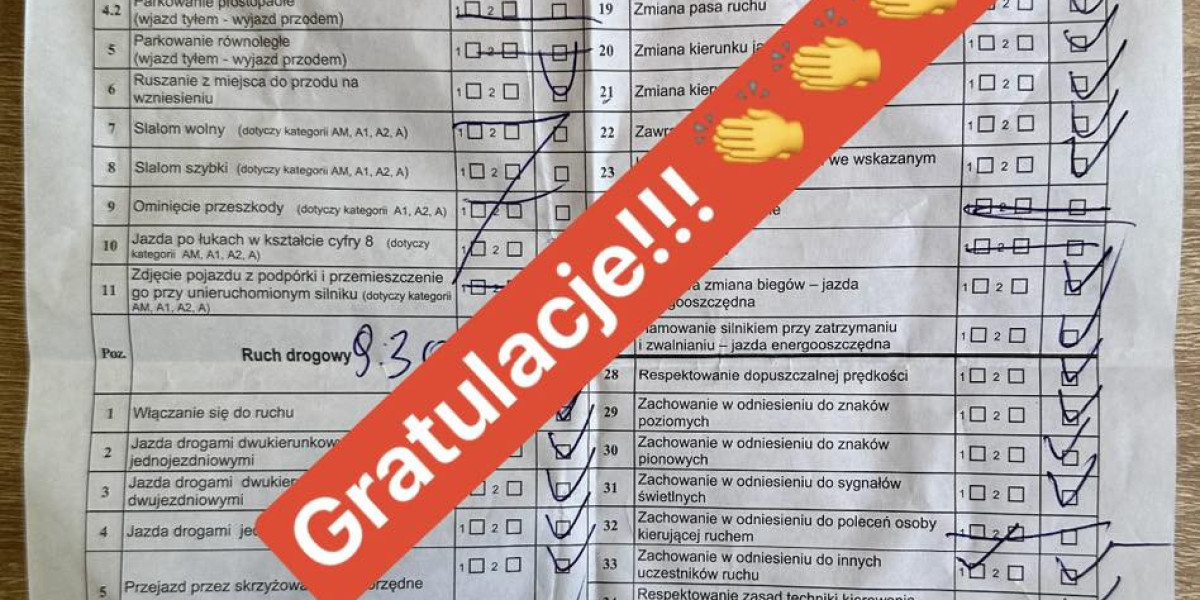Technology is changing our world at an impressive speed! Its sweeping modifications can be discovered everywhere and they can be described as both thrilling, and at the exact same time terrifying. Although individuals in lots of parts of the world are still attempting to come to terms with earlier technological transformations along with their sweeping social and instructional implications - which are still unfolding, they have actually been awoken to the reality of yet another digital transformation - the AI revolution.

Artificial Intelligence (AI) technology describes the ability of a digital computer system or computer-controlled robot to perform jobs that would otherwise have been brought out by humans. AI systems are designed to have the intellectual processes that identify people, such as the ability to factor, find significance, generalize or gain from past experience. With AI innovation, vast quantities of details and text can be processed far beyond any human capacity. AI can also be used to produce a vast variety of brand-new material.
In the field of Education, AI innovation comes with the possible to make it possible for brand-new forms of teaching, finding out and educational management. It can also improve discovering experiences and support teacher tasks. However, regardless of its positive capacity, AI also poses substantial risks to trainees, the mentor community, education systems and society at big.
What are some of these dangers? AI can minimize teaching and discovering processes to calculations and automated tasks in ways that devalue the function and influence of instructors and deteriorate their relationships with learners. It can narrow education to just that which AI can process, model and deliver. AI can also intensify the around the world shortage of qualified instructors through disproportionate costs on innovation at the expenditure of financial investment in human capacity advancement.
The use of AI in education also creates some fundamental questions about the capacity of instructors to act actively and constructively in determining how and when to make judicious use of this technology in an effort to direct their professional development, rocksoff.org discover solutions to challenges they deal with and improve their practice. Such fundamental questions consist of:
· What will be the role of teachers if AI technology become widely carried out in the field of education?
· What will assessments appear like?
· In a world where generative AI systems seem to be developing new abilities by the month, what abilities, outlooks and proficiencies should our education system cultivate?
· What changes will be needed in schools and beyond to assist trainees plan and direct their future in a world where human intelligence and device intelligence would seem to have ended up being ever more closely linked - one supporting the other and vice versa?
· What then would be the function or role of education in a world controlled by Expert system technology where human beings will not necessarily be the ones opening brand-new frontiers of understanding and understanding?
All these and more are daunting questions. They force us to seriously consider the issues that occur concerning the execution of AI technology in the field of education. We can no longer just ask: 'How do we prepare for an AI world?' We must go deeper: 'What should a world with AI appear like?' 'What functions should this effective innovation play?' 'On whose terms?' 'Who chooses?'
Teachers are the primary users of AI in education, and they are anticipated to be the designers and facilitators of trainees' knowing with AI, the guardians of safe and ethical practice throughout AI-rich academic environments, and to function as good example for wiki-tb-service.com lifelong learning more about AI. To presume these obligations, instructors need to be supported to establish their abilities to utilize the possible benefits of AI while reducing its risks in education settings and broader society.

AI tools should never ever be developed to change the legitimate responsibility of teachers in education. Teachers should remain accountable for pedagogical choices in making use of AI in teaching and in facilitating its uses by students. For teachers to be accountable at the useful level, a pre-condition is that policymakers, teacher education organizations and schools presume responsibility for preparing and supporting instructors in the correct usage of AI. When presenting AI in education, legal defenses should also be developed to safeguard teachers' rights, ratemywifey.com and long-term financial commitments require to be made to guarantee inclusive access by instructors to technological environments and standard AI tools as important resources for adjusting to the AI era.
A human-centered method to AI in education is vital - a technique that promotes crucial ethical and

practical concepts to assist control and direct practices of all stakeholders throughout the entire life process of AI systems. Education, given its function to protect as well as help with advancement and learning, has an unique responsibility to be totally mindful of and responsive to the risks of AI - both the recognized threats and those only simply coming into view. But too often the threats are overlooked. Using AI in education for that reason needs cautious consideration, including an evaluation of the evolving roles instructors require to play and the proficiencies required of instructors to make ethical and effective use of Expert system (AI) Technology.
While AI uses chances to support teachers in both teaching along with in the management of finding out processes, significant interactions in between instructors and trainees and human growing ought to remain at the center of the academic experience. Teachers need to not and can not be replaced by technology - it is important to safeguard instructors' rights and make sure sufficient working conditions for wiki.whenparked.com them in the context of the growing usage of AI in the education system, in the workplace and in society at large.







